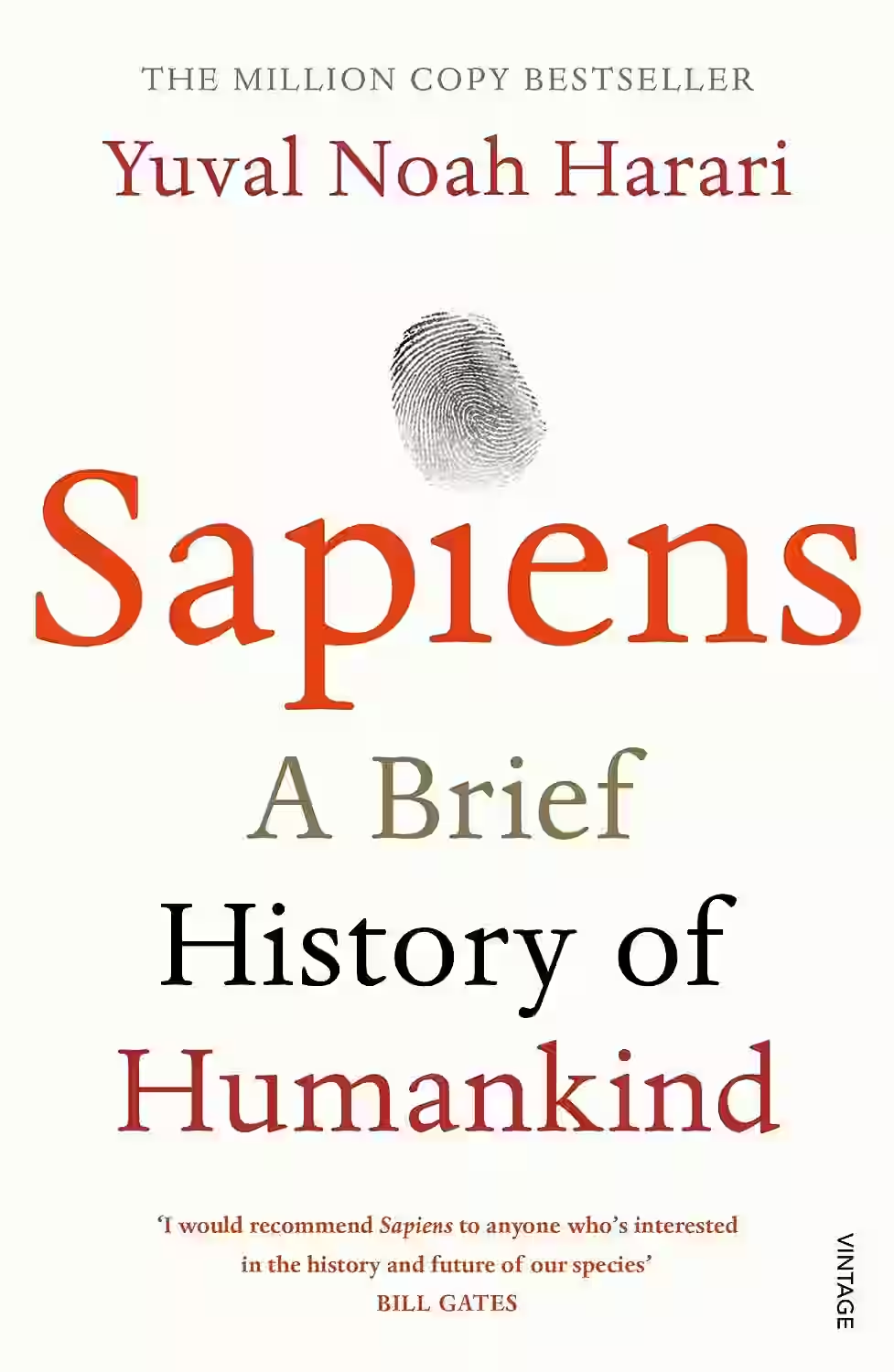
Yuval Noah Harari's Sapiens charts the epic history of humankind, from early Homo sapiens to today's complex world. It explores the Cognitive, Agricultural, and Scientific Revolutions that defined our development. Harari examines the role of shared beliefs in enabling mass cooperation and questions the essence of our humanity and future. This insightful work offers a broad perspective on our origins, progress, and the challenges we face.
About Yuval Noah Harari
An Israeli historian and author known for his thought-provoking and widely influential books on human history and the future. Works like Sapiens: A Brief History of Humankind and Homo Deus: A Brief History of Tomorrow offer sweeping narratives that explore the evolution of our species and the potential trajectories of our future. Harari's accessible and insightful writing has sparked global conversations about humanity's past, present, and future.
Other Books by Yuval Noah Harari
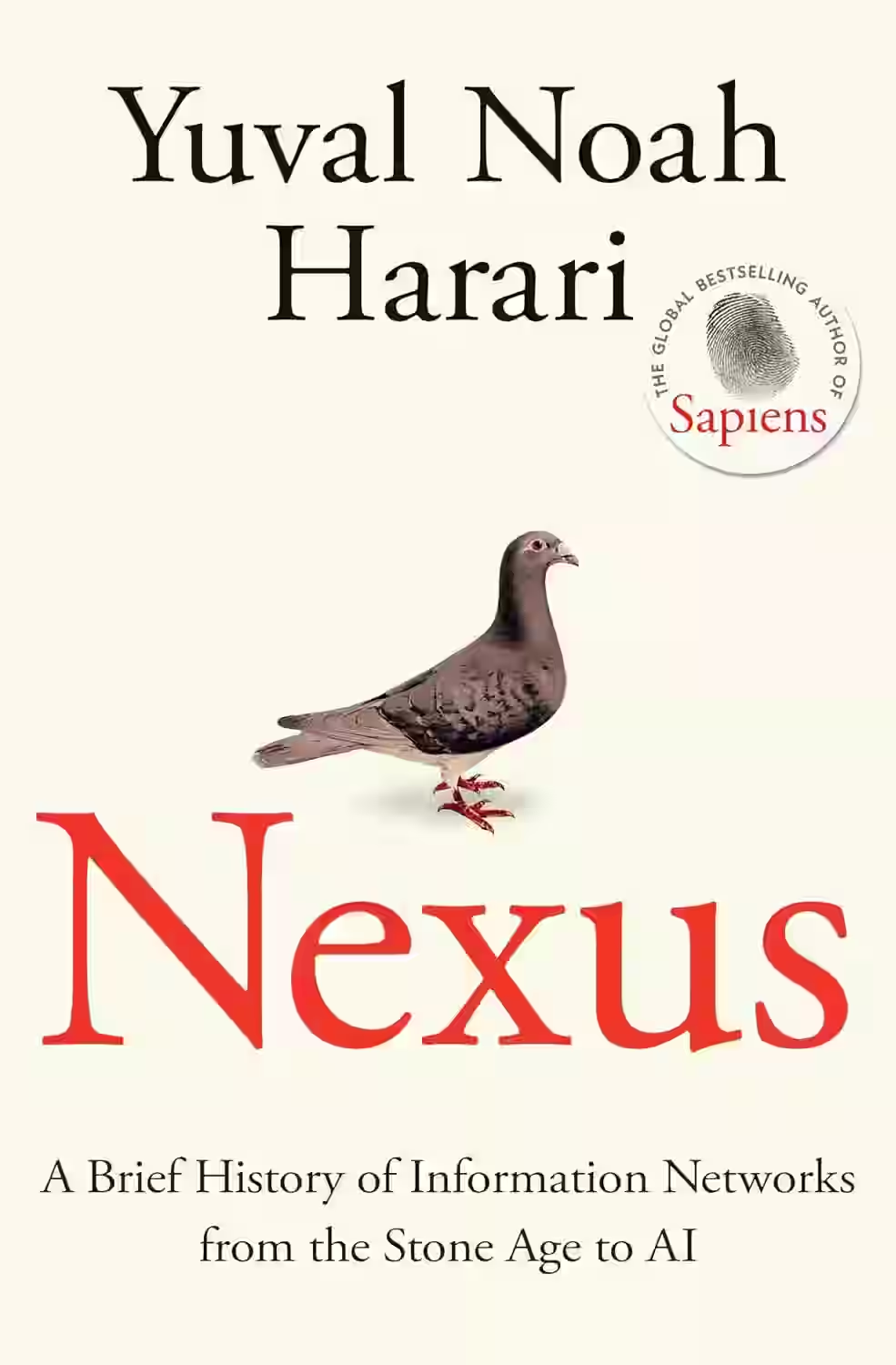
Nexus
In a future where mind-enhancing nanotechnology connects brains like apps, a young scientist develops Nexus 5, a powerful upgrade that could revolutionize human evolution—or destroy it. Caught between shadowy government forces and post-human extremists, he must navigate a dangerous world of espionage, ethics, and power struggles. Fast-paced and thought-provoking, Nexus explores the limits of human potential and the morality of scientific progress in a near-future thriller that blends cyberpunk and biotech with philosophical depth.
Similar Books
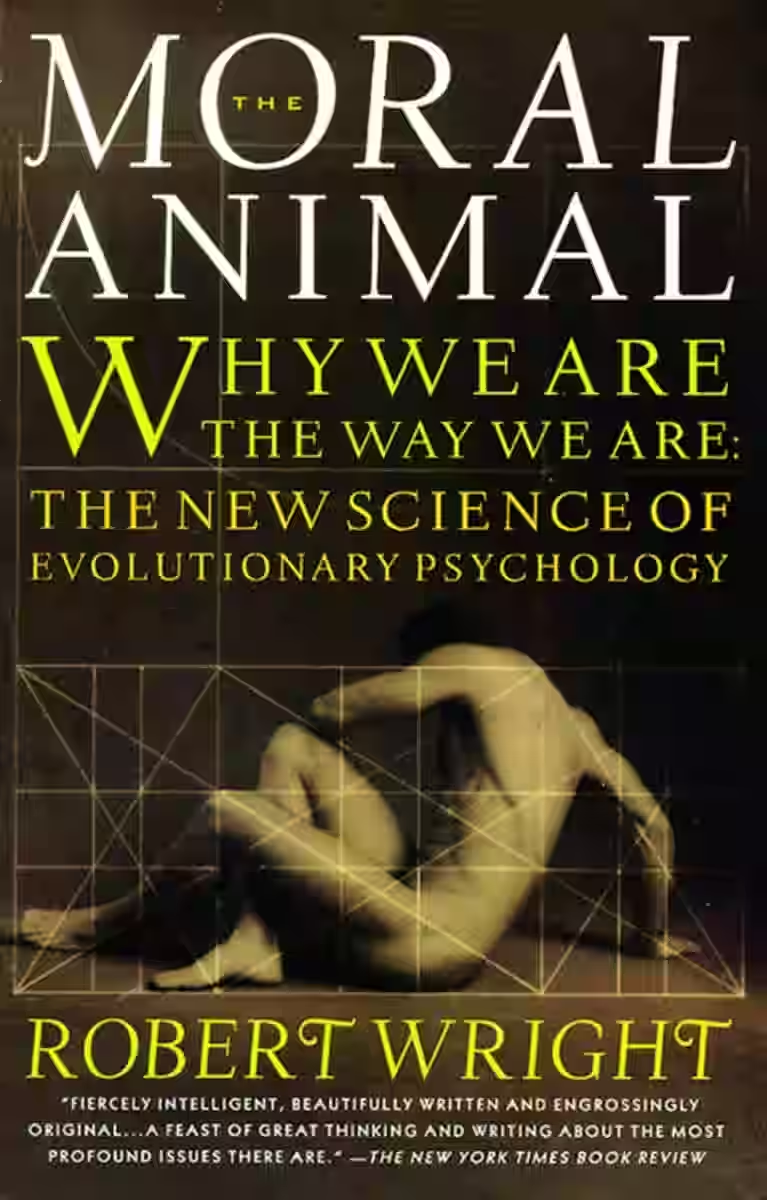
The Moral Animal
In The Moral Animal, Robert Wright applies evolutionary psychology to human behavior, relationships, and ethics. Drawing on Darwinian theory, he explains how natural selection has shaped not just our bodies but also our minds—our moral instincts, mating preferences, and social behaviors. The book investigates how selfish genes can produce selfless actions and how our evolutionary history influences love, jealousy, parenting, and morality. Wright uses Charles Darwin’s life as a case study, linking theory with biography. Thought-provoking and accessible, it challenges assumptions about free will, altruism, and the roots of human nature.
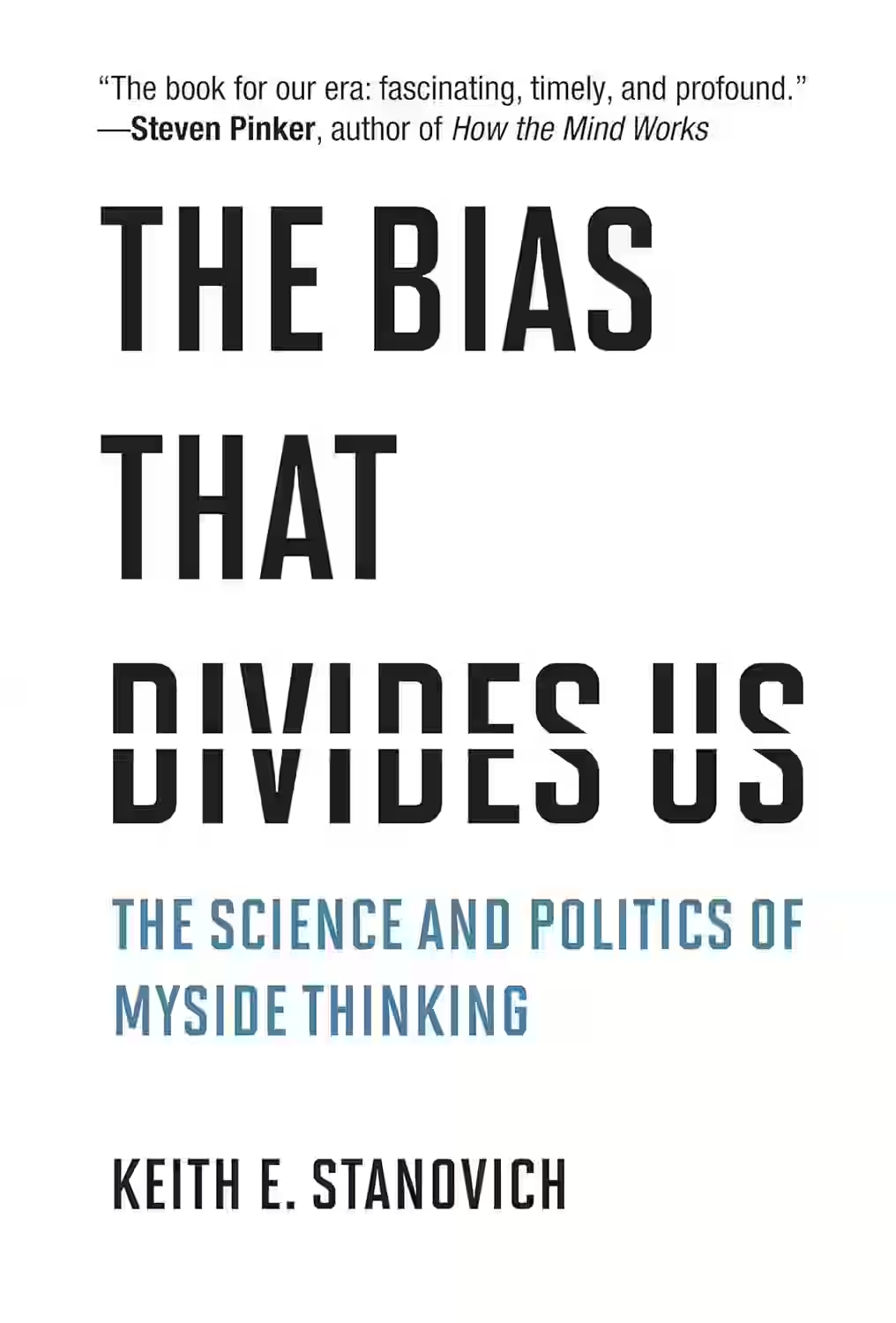
The Bias That Divides Us
Keith Stanovich explores “myside bias,” a cognitive tendency where people favor information that supports their pre-existing beliefs. The book shows how this bias undermines rational discourse, fuels political polarization, and distorts decision-making—even among highly intelligent individuals. Stanovich distinguishes between intelligence and rational thinking, arguing that education alone doesn’t guarantee cognitive objectivity. Through accessible research and examples, he offers strategies for cultivating rationality and intellectual humility. The Bias That Divides Us is a vital contribution to understanding how psychological blind spots hinder progress and how we can overcome them to think more clearly and engage more constructively.

Enlightenment Now
In Enlightenment Now, Steven Pinker defends the values of reason, science, humanism, and progress as the driving forces behind global improvements in health, wealth, safety, and freedom. Using data and visualizations, he argues that despite the doom-and-gloom narratives of modern media, the world is improving across nearly every measurable domain. Pinker traces these advances to Enlightenment principles, advocating for their continued relevance in addressing today’s challenges. Though some critics view his optimism as overly confident, the book offers a powerful counterpoint to cynicism and a celebration of humanity’s capacity to solve problems through knowledge and cooperation.
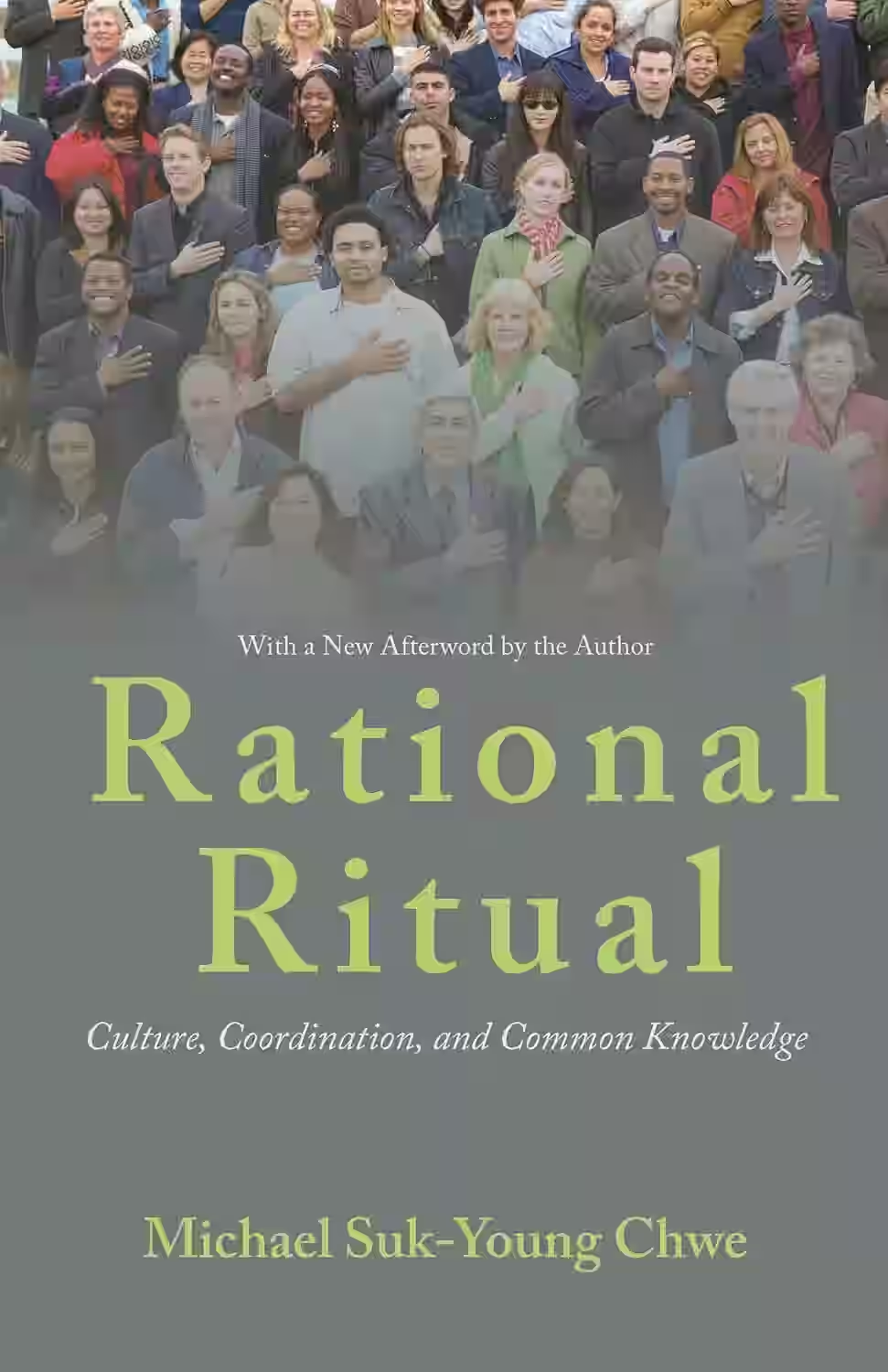
Rational Ritual
Rational Ritual explores how rituals—from presidential inaugurations to sports events—create common knowledge, a shared awareness that everyone knows everyone knows. Chwe, a game theorist, argues that these shared experiences are vital for coordination in society. By applying game theory to cultural rituals, he sheds light on why such practices persist and how they help societies function. The book offers unique insights into advertising, politics, and social networks. Zuckerberg recommended Rational Ritual for its relevance to online platforms, where creating and managing shared experiences is key. It’s an intellectually stimulating read for anyone interested in the intersection of culture and logic.